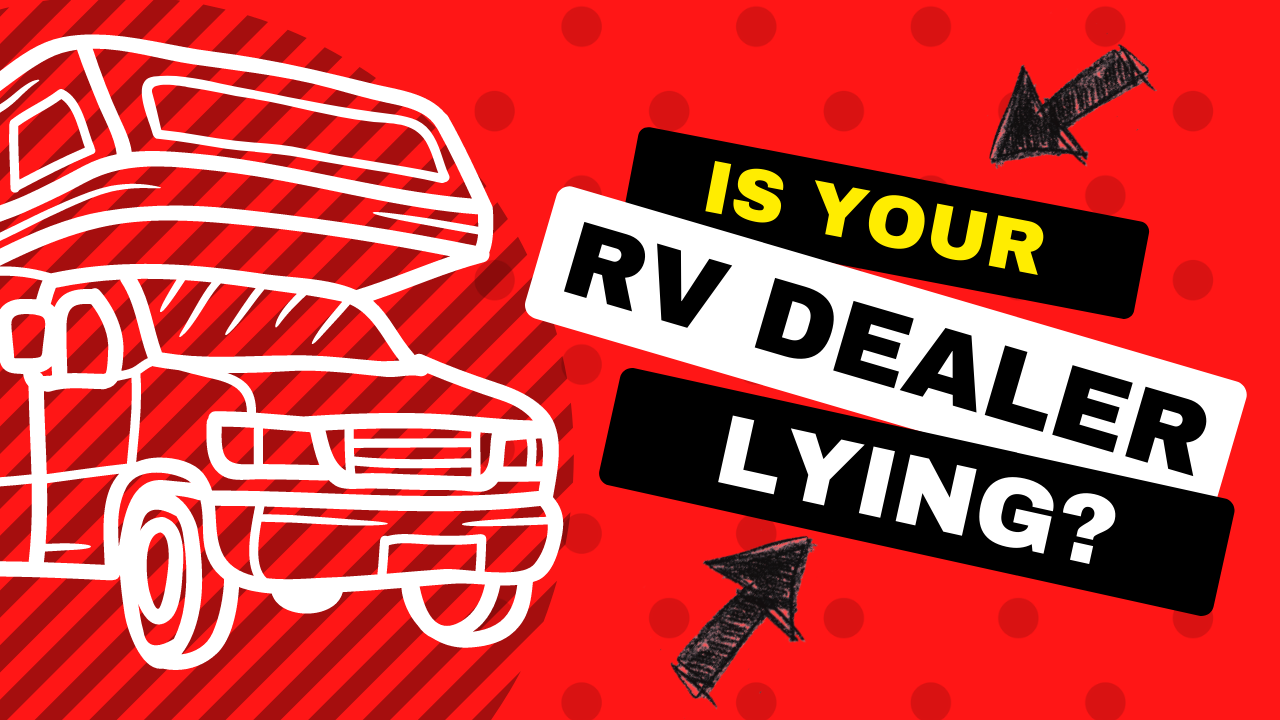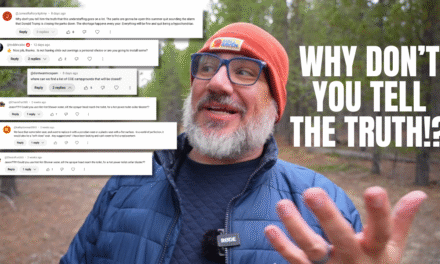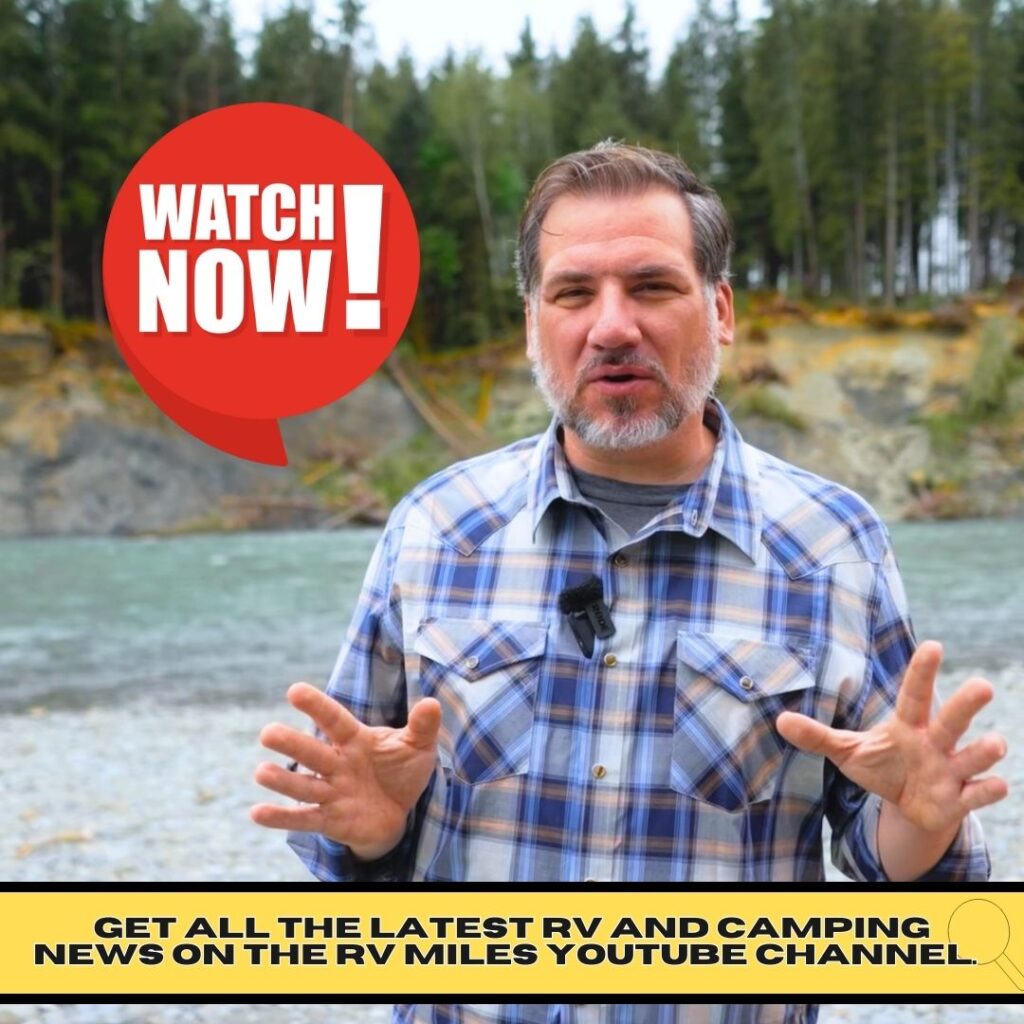You’ve booked an RV trip to the campground only to discover that a wind advisory has gone into effect and you are now looking at camping in high, possibly dangerous wind gusts and severe storms. So you ask yourself, “How much wind can an RV withstand?”
Unfortunately, the answer isn’t as simple as one would like and there have been very few studies done on the topic. Fortunately, though, we do have a few tips to help you make an informed decision, because ultimately, only you can decide your comfort and safely level.
Weight Matters
- Lighter rigs will have a lower wind threshold than heavier rigs, and we aren’t talking about size here, we are talking about weight. Our current 25′ IBEX 20BHS travel trailer weighs the exact same fully loaded as our former 36′ Heartland Pioneer travel trailer.
Fill Your Fresh Water Tank
- Fill your fresh water tank. This added weight will provide ballast to your RV. That said, we do not recommend filling your grey or black tanks. You never know if you might find yourself in a storm that knocks out power or compromises sewer usage. You do not want to be stuck with a full black and grey tank and unable to use them.
Make Yourself as Aerodynamic as Possible
- When possible avoid letting the wind broadside you. If you have the time and space, reposition the RV so the front or back is pointing in the oncoming wind. This will make the rig more aerodynamic and allow the wind to flow over you as opposed to battering you from the side. For an even more aerodynamic surface, bring in your slides.
Stabilizing Jacks
- Keep your stabilizing jacks down, even if you hook your rig up to your truck. This added stabilization will help with sway
Bring in Your Awning
- This seems like a no-brainer, but it’s an important reminder. Awnings have no place at the campground on windy days.
When in Doubt – Leave
- If. you do all the above and. you still feel the weather is just too unpredictable, then you should cancel your trip and stay home. If you’re already at the campground and you can do so safely, you should leave. And I don’t mean with your RV. There is no shame in leaving your RV at the campground and going to a hotel. We have done this at least three times as full-time RVers. My max for sustained winds is around 50 mph and we do not stay in the rig if gusts are going to be 75 mph or higher. High winds, dangerous storms, tornadoes, they are all unpredictable beasts and it’s better to be safe than sorry.
Should You Hook Up Your RV to Your Tow Vehicle?
- There are some that believe hooking up your trailer or fifth wheel to your tow vehicle will provide extra weight and extra stabilization. This is possibly true, however, if you find yourself in an emergency during severe weather and you NEED to leave the campground, you don’t want to do it with an RV in tow. Towing an RV in severe weather opens you up to a host of dangers you do not want or need. Personally, we do not hook up our trailer. if left with no alternative, we prefer to be able to grab our kids, our emergency to-go bag, jump in the truck, and get out of there as quickly as possible.
Have you RV’d in a high-wind situation? What did you do to prepare? Let us know in the comments.







